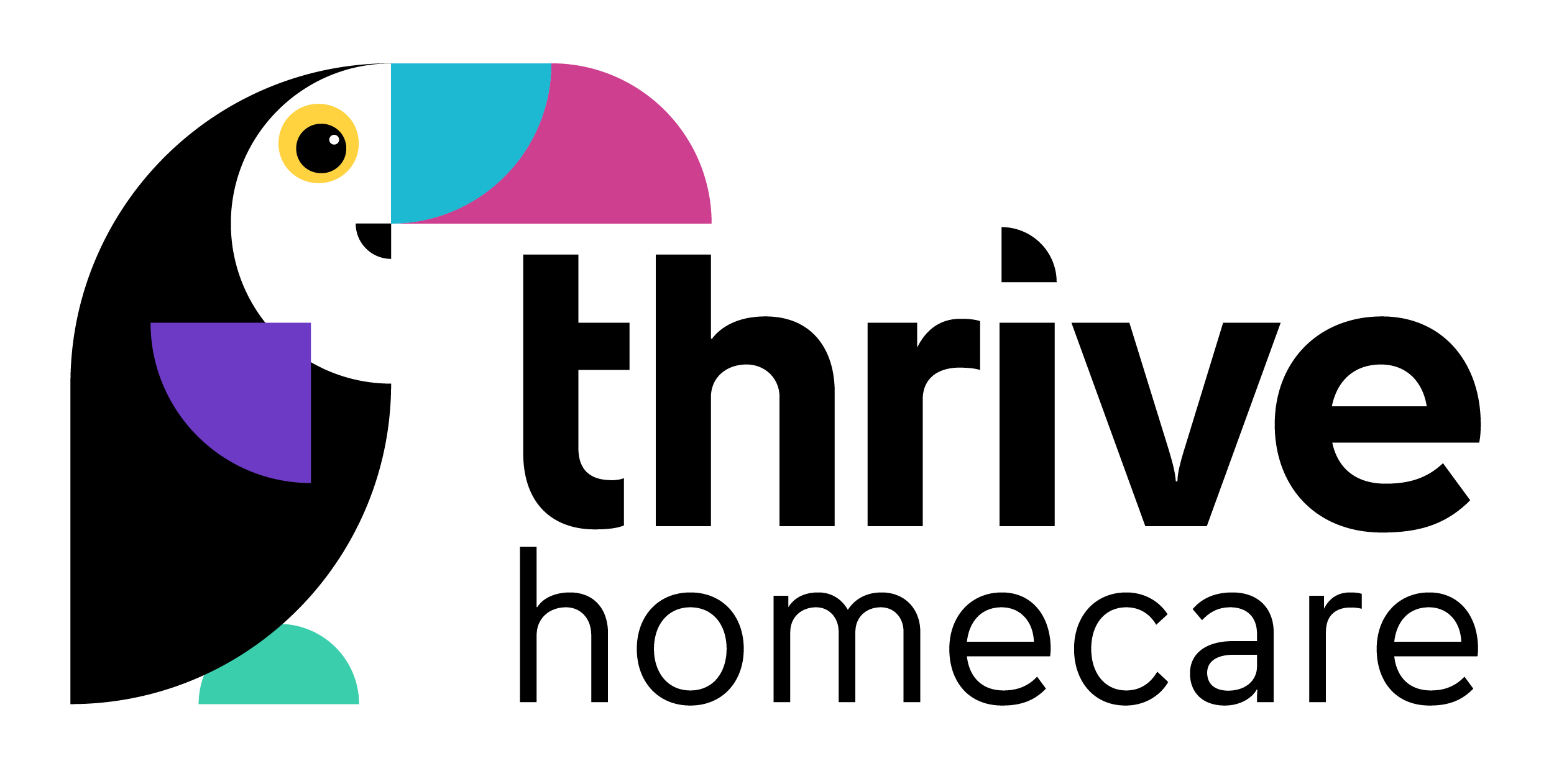Dementia Action Week: Why Early Diagnosis Matters
- Claire
- May 21, 2025
- 3 min read
Updated: Jun 10, 2025
This Dementia Action Week, the Alzheimer’s Society is shining a spotlight on something incredibly important — the value of early diagnosis. Right now, 1 in 3 people in the UK living with dementia do not have a formal diagnosis.
At Thrive Homecare, we believe that timely diagnosis not only helps people access the right support, it also opens the door to planning ahead with dignity, clarity and hope.
Here, we explore the signs to look out for, how to approach getting a diagnosis, and why it matters.
Recognising the Early Signs
Everyone experiences forgetfulness from time to time, but the early signs of dementia can go beyond typical memory lapses.
They might include:
Difficulty recalling recent events
Confusion or disorientation
Mood changes or withdrawal
Challenges with communication
Misidentifying people or objects
Repeating questions or wandering
These signs can sometimes be mistaken for other conditions such as depression, delirium, or even normal ageing — which is why it’s so important to seek a professional diagnosis. It helps to clarify what’s happening and what kind of support may be needed.

Taking the First Step: How to Approach a Diagnosis
If you’re concerned someone you love may be showing signs of dementia, start by choosing a quiet moment to gently share what you’ve noticed. Speak with empathy, not assumptions — and focus on how they’ve been feeling rather than jumping to labels.
Encourage them to see their GP for a general health check. Framing it as an opportunity to explore their overall wellbeing can make the conversation easier and more positive. Let them know you’re alongside them — and that any next steps are theirs to take when they’re ready.
At the GP appointment, the doctor will typically:
Talk through symptoms and day-to-day impact
Review medical history
Conduct physical checks and possibly blood or urine tests
Carry out a short cognitive assessment
If dementia is suspected, the GP will usually make a referral to a dementia specialist for more in-depth assessments.
What Happens in a Specialist Assessment?
The dementia specialist will spend more time understanding how the person’s memory, thinking and problem-solving are working.
This might include:
Memory recall tasks
Naming or interpreting objects and shapes
Problem-solving questions
Drawing or writing activities
In some cases, a brain scan may be offered to check for changes in the brain or rule out other causes. The specialist will also begin conversations about support options tailored to the person’s needs — including health, emotional wellbeing and lifestyle.
Why Diagnosis Can Make a Difference
While it can feel daunting, receiving a diagnosis can be a powerful and positive turning point.
It offers:
Access to the right information, treatment and specialist support
An opportunity to plan ahead — legally, financially and practically
Eligibility for certain financial benefits
Legal protection under the Equality Act (2010)
A clearer understanding for family and friends, helping relationships to thrive with new compassion and clarity
Navigating the Emotional Impact
A diagnosis can bring up a wide range of feelings — from relief to grief, from fear to determination. At Thrive Homecare, we recognise the emotional impact not only on the person living with dementia, but also on those around them. Partners, children, friends — all may need space and support to process the news and adjust.
That’s why we focus on relationship-centred support — keeping families involved without placing all the responsibility on their shoulders. With a long-term dementia specialist by your side, our aim is to create space for joy, connection and everyday meaning, even in the face of change.
Because with the right support, it is possible to live well with dementia.
Further reading:
For more information about dementia and the process of getting a diagnosis, visit the Alzheimer’s Society website. And if you’re looking for thoughtful, expert support for someone living with dementia — get in touch with us today. Our dementia specialists are here to help you every step of the way.



Comments